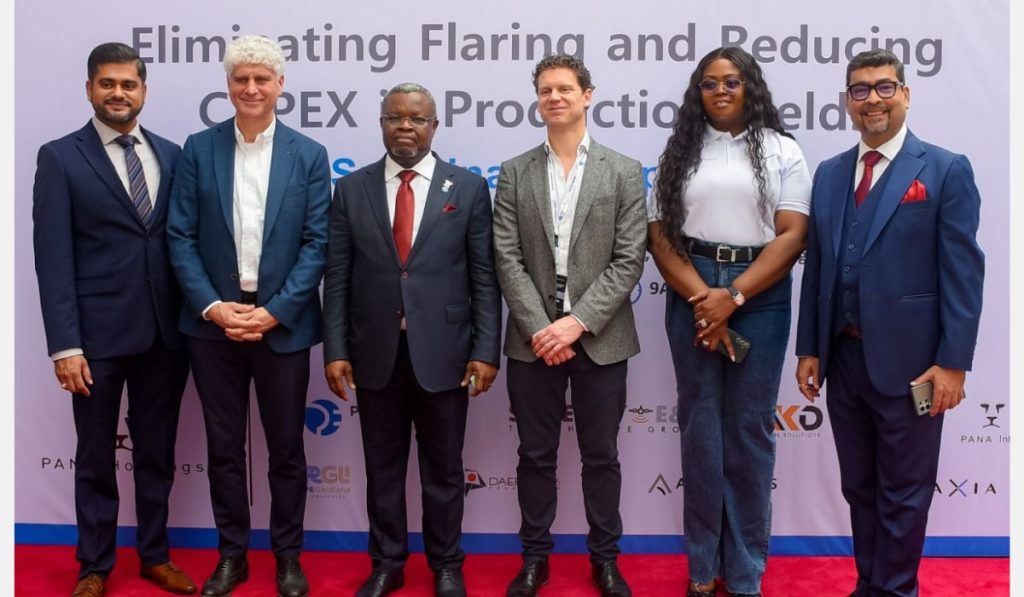
PE Energy Limited, a leading energy services company, has introduced a groundbreaking technology, the Multi-Phase Pump and Systems, aimed at eliminating gas flaring and enhancing oil production in Nigeria.
PE Energy, in collaboration with ITT Bornemann GmbH, organized an oil and gas seminar in Lagos to unveil the innovative solution. Themed “Eliminating Gas Flaring and Reducing CAPEX in Production Fields: A Sustainable Approach,” the seminar brought together industry stakeholders to explore sustainable solutions for the energy sector.
Speaking at the event, Dr. Daere Akobo, Chairman of PANA Holdings and Group CEO of PE Energy Limited, emphasized the importance of adopting cutting-edge technology to combat carbon and methane emissions. He highlighted how the Multi-Phase Pump and Systems would drive efficiency in oil production while aligning with Nigeria’s net-zero targets and President Bola Tinubu’s methane emission reduction policy.
Read also: Seplat Energy Set to Double Oil Production After ExxonMobil Acquisition
“The deployment of this technology will not only promote environmental stewardship but also enhance the social well-being of communities and reduce oil production costs,” Akobo stated.
Gas flaring has long been a major environmental and economic challenge in Nigeria’s oil sector. Dr. Akobo commended past and present administrations for implementing the National Gas Policy 2020, which encourages the transition from gas flaring to commercial utilization.
Adding to the discussion, Jeroen Olde Monnickhoff, Global Product Manager for Oil & Gas at ITT Bornemann GmbH, described the Multi-Phase Pump and Systems as a game-changer for the upstream oil sector. He explained that the system captures flared gas and redirects it to production facilities, reducing air pressure and subsequently increasing oil output.
“This technology has already been successfully deployed in multiple markets worldwide. It offers a more sustainable and economically viable alternative to flaring, which comes with hefty penalties and serious health risks,” Monnickhoff noted.
[give_form id="20698"]

